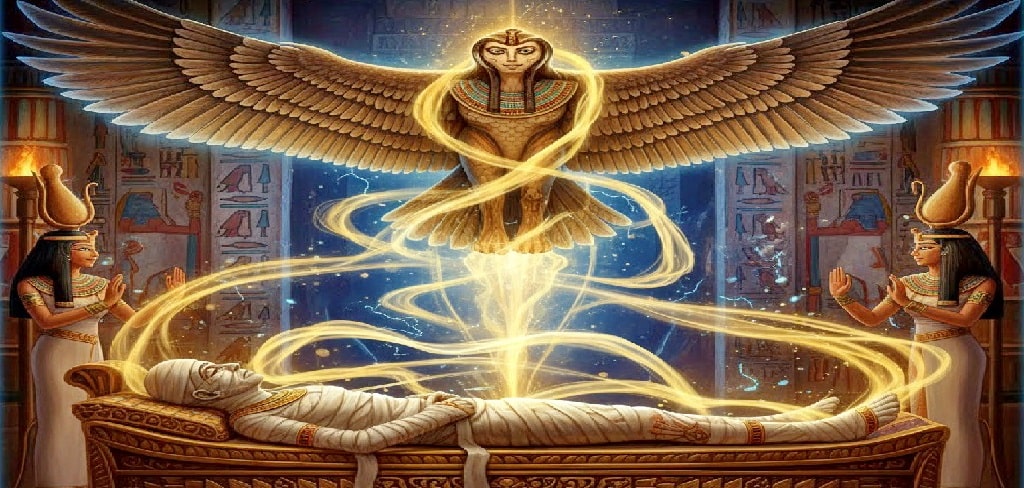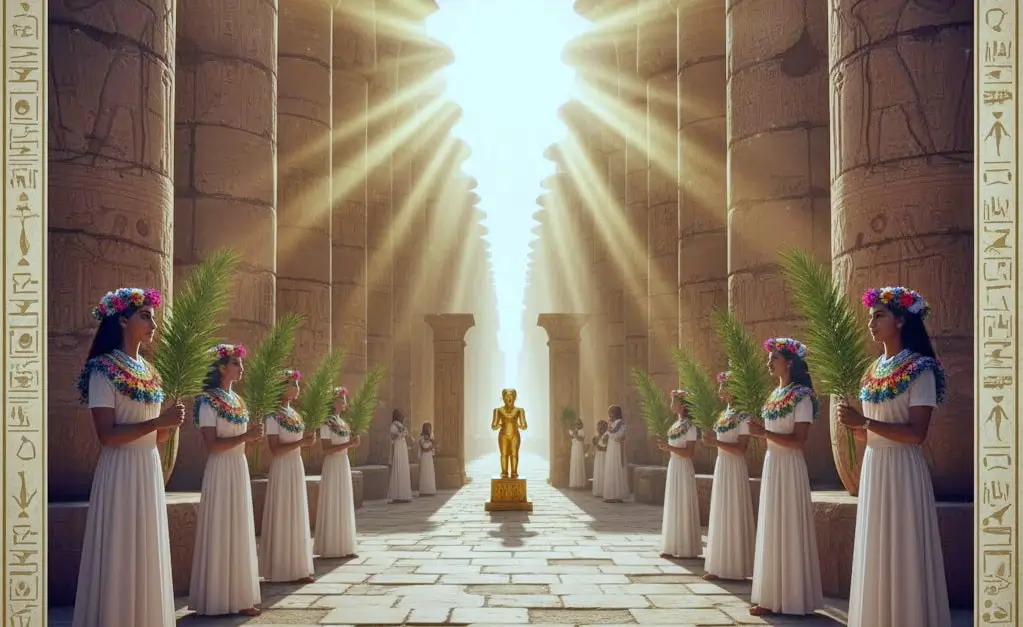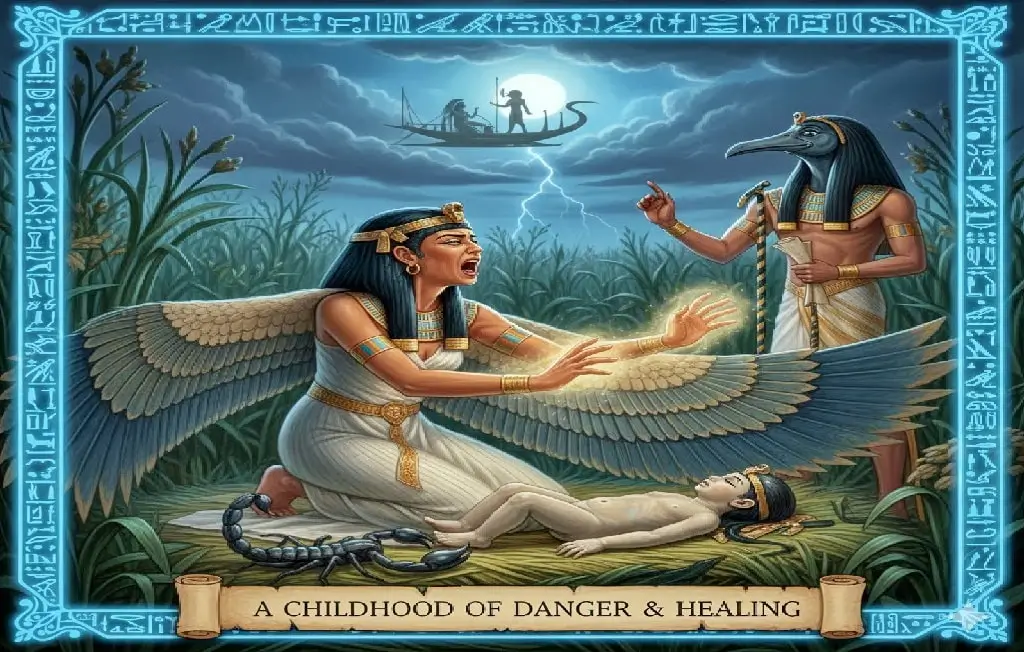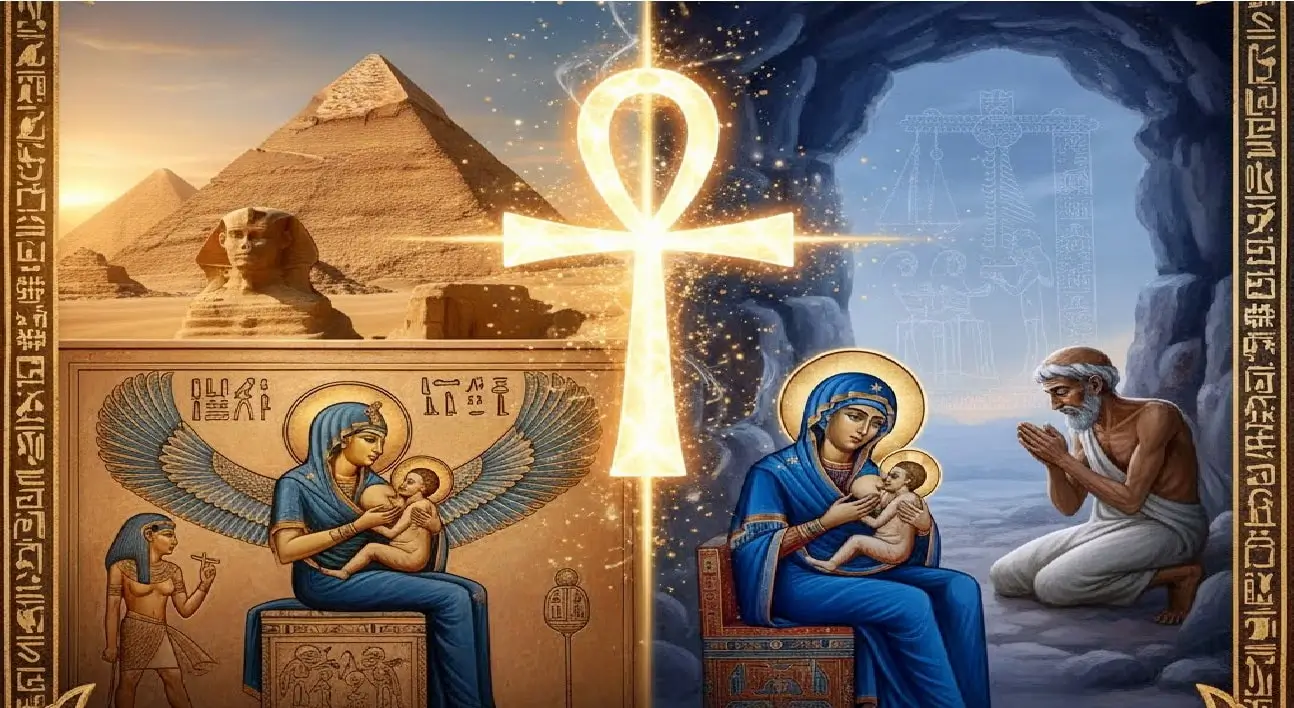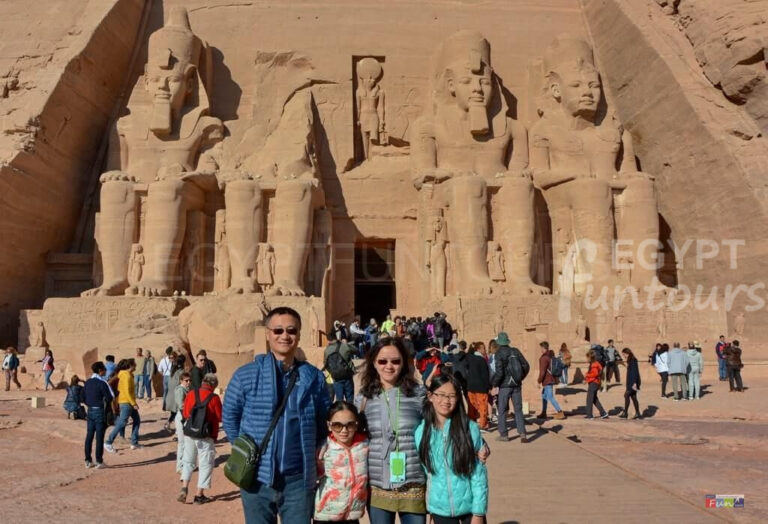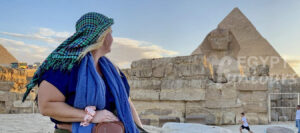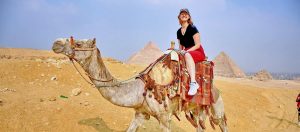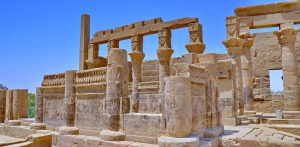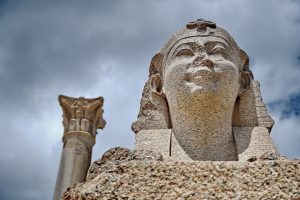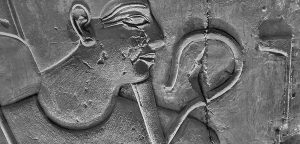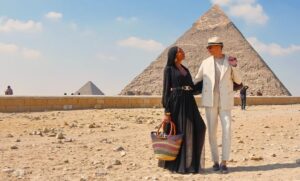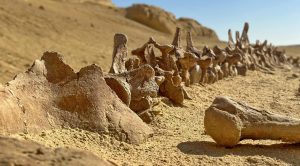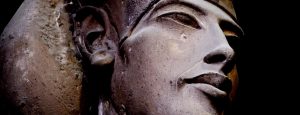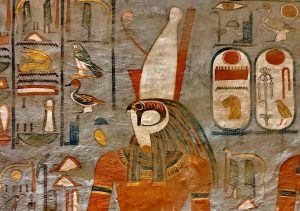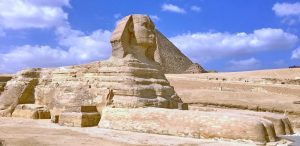The Child of Light and Devine Magic
Imagine a child conceived after his father’s death, born in a secret swamp, and celebrated for millennia as the bringer of light. This is the story of the Birth of Horus, one of the most profound events in ancient Egyptian mythology.
For the ancients, Horus was more than just a falcon-headed god. He represented the “Infant Sun,” the return of hope, and the triumph of order over chaos. In fact, his birth was so significant that Egyptians celebrated it on December 25th, coinciding with the winter solstice—the moment when the sun begins to “return” and days grow longer.
This guide explores the complete saga of the Birth of Horus. We will uncover the myth of his magical conception by Isis, the perilous secrecy of his childhood in the marshes, and the complex rituals—involving palm shoots and 12-day festivals—that honored his arrival as the renewal of the cosmos.
Key Takeaways
- The Solar Child: The Birth of Horus symbolized the rebirth of the sun and was celebrated on December 25th, aligning with the winter solstice.
- Miraculous Conception: Isis conceived Horus via powerful magic after her husband Osiris had already died.
- Divine Lineage: As the son of Osiris (the King of the Dead) and Isis (the Goddess of Magic), Horus was born to be the avenger and the rightful heir.
- Enduring Legacy: The themes of a divine child, a protective mother, and a birth celebrated at the winter solstice deeply influenced later religious traditions, including early Christianity.

